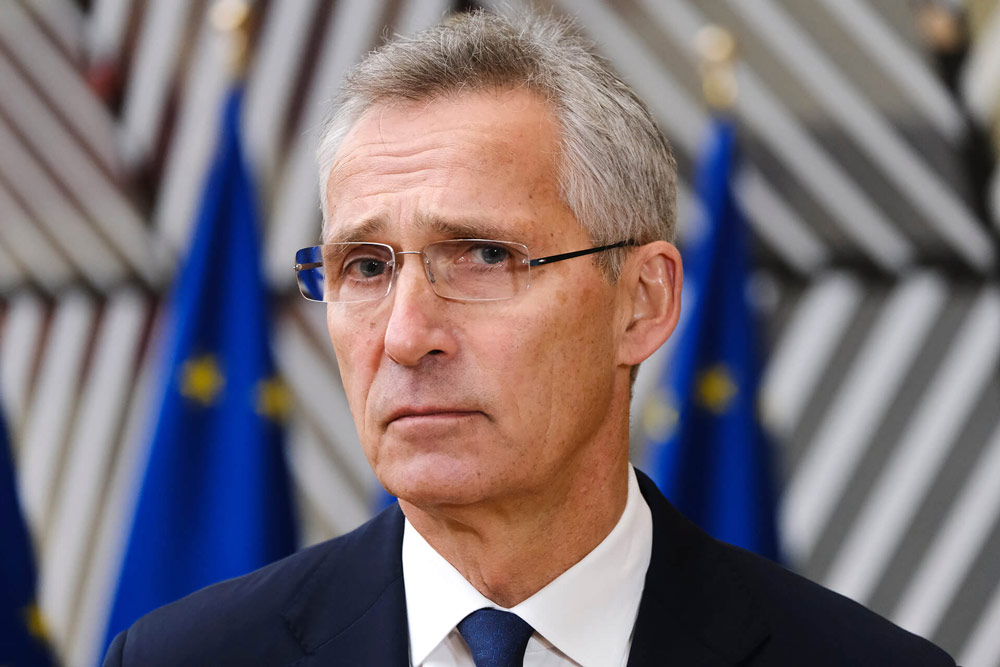Jens Stoltenberg, the former Secretary General of NATO, has been appointed as Norway’s new finance minister following the collapse of the country’s ruling coalition. The announcement, confirmed by the Norwegian government on Tuesday, marks a significant shift in Stoltenberg’s political career, as he steps into a critical domestic role during a time of political and economic uncertainty.
Stoltenberg’s Political Legacy
Stoltenberg, a member of Norway’s Labour Party (Arbeidarpartiet), is a seasoned politician with a storied career in both Norwegian and international politics. He served as Norway’s Prime Minister twice, from 2000 to 2001 and again from 2005 to 2013, before heading NATO for a decade. In 2024, he handed over the leadership of NATO to former Dutch Prime Minister Mark Rutte.
His return to Norwegian politics comes at a pivotal moment. The Labour Party is expected to govern alone until new parliamentary elections are held in September 2025, after the governing coalition collapsed last week amid internal disputes over energy policies.
The Collapse of Norway’s Coalition Government
The ruling coalition, consisting of the Labour Party and the euroskeptic Center Party, faced significant criticism for opposing the renewal of two aging energy transmission cables that export power from Norway to Denmark. This decision sparked accusations of “energy nationalism” from European Union officials and created tensions with Brussels. Critics argued that these cables were contributing to soaring energy prices for Norwegian consumers, a pressing issue during a period of high demand. Many Norwegians have called for prioritizing domestic energy needs over exports, adding further pressure on the government.
Stoltenberg’s Appointment and Role
Stoltenberg’s appointment is part of a broader cabinet reshuffle initiated by Prime Minister Jonas Gahr Støre. The former NATO chief expressed his honor in accepting the role and emphasized the importance of addressing the challenges facing Norway’s economy and energy sector.
“Having carefully considered the current challenges we face, I have decided to accept Prime Minister Støre’s request to serve as his Minister of Finance,” Stoltenberg said in a statement. “I am deeply honored to have been asked to help my country at this critical stage.”
Stoltenberg also revealed that his tenure as finance minister would delay his planned appointment as chair of the Munich Security Conference (MSC). However, the MSC confirmed that Stoltenberg would return to his pro bono role at the conference once his public service concludes.
Norway’s Energy Debate and Economic Outlook
Norway, a country rich in oil and gas resources, has long been a key supplier of energy to Europe. However, as a non-member of the European Union, Norway operates under the European Economic Area (EEA) framework, which allows it to collaborate closely with the EU while maintaining a degree of independence. The energy transmission cables, central to recent political debates, highlight the complexities of balancing domestic energy needs with regional cooperation.
Stoltenberg’s appointment comes at a time when Norway faces mounting economic challenges, including the need to address high energy prices and ensure sustainable economic growth. His extensive experience in international diplomacy and governance is expected to bring a steady hand to Norway’s finance ministry.
Looking Ahead
As Norway navigates its political and economic challenges, Stoltenberg’s leadership will be closely watched both domestically and internationally. His ability to manage Norway’s energy policies and economic priorities could play a pivotal role in shaping the country’s future.











